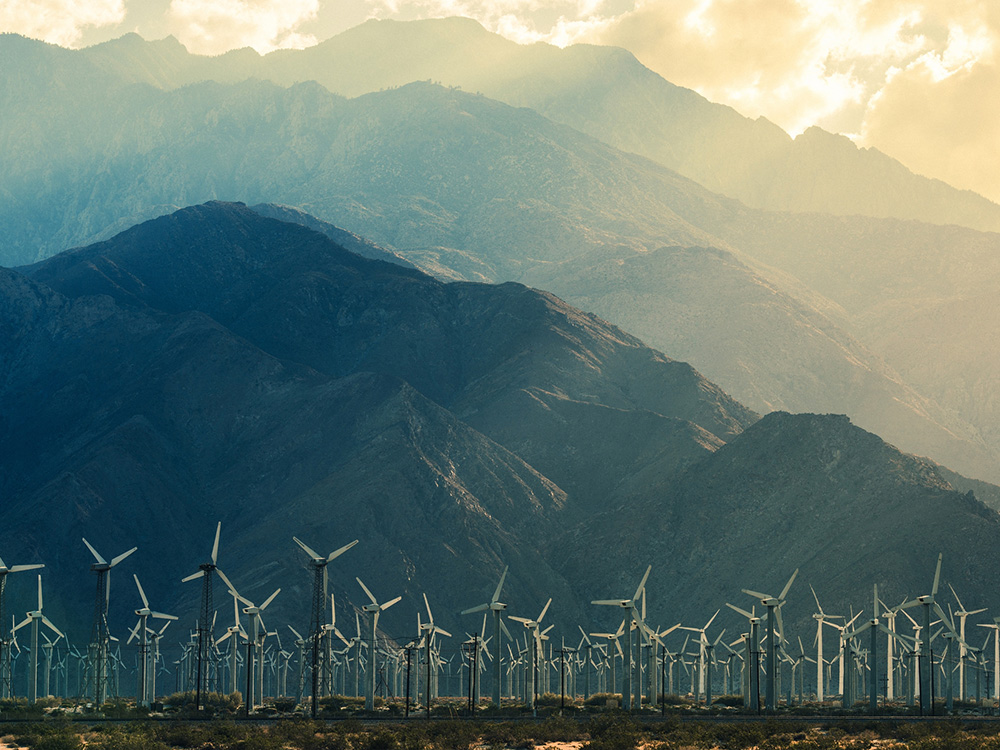

Wildfires burning around the West. Rising seas lapping at the East. Animal feces, coal ash, and fertilizer fouling waterways from the Carolinas to the Midwest. Bridges, roads, and pipelines crumbling across the country. With the midterm elections less than a month away, communities across the United States face some of the most formidable scientific, environmental, and technological challenges in decades. On November 6, voters from Alaska to Florida will choose not just their next governor, state representative, or member of Congress, but to some degree how we live for decades to come. “This is the most important election of our lifetime,” says Bill Holland, New Mexico policy director for the League of Conservation Voters.In the 36 gubernatorial and 470 congressional races around the country, some of these challenges, like opioids and fossil fuels, are campaign issues, while others, such as climate change’s role in severe wildfires, don’t appear on any candidates’ platform. But, whether these matters are on their minds, the victors will face them once sworn in. Their decisions will help shape how well storm-ravaged communities adapt, whether the water is safe to drink, how open our internet will be, and more.These are the top science, technology, or environment issues facing each state—plus Puerto Rico and Washington, D.C. Even if it never surfaces on the campaign trail, science is always on the ballot.


















































Update 12:07 PM 10/17/18: A previous version of this article stated Bill Holland’s title as “New Mexico policy director for the League of Conservation Voters.” It has been updated to “State Policy Director for the League of Conservation Voters.”
